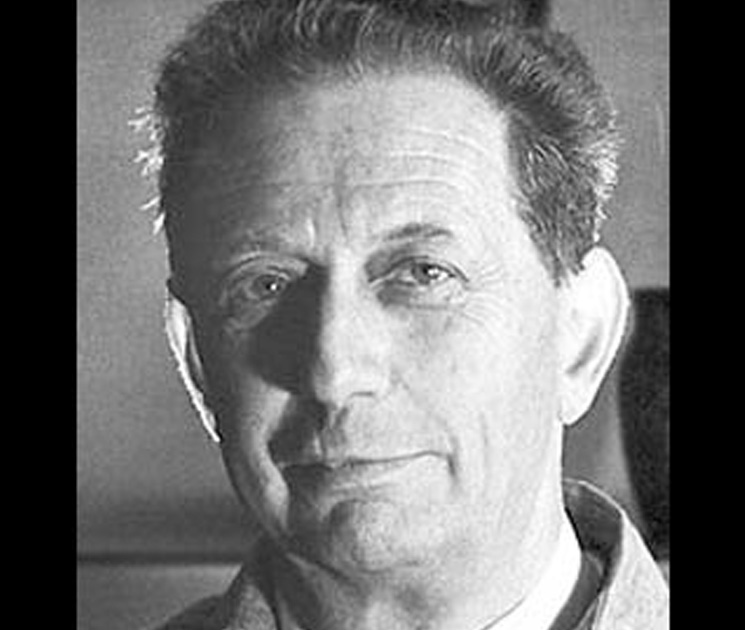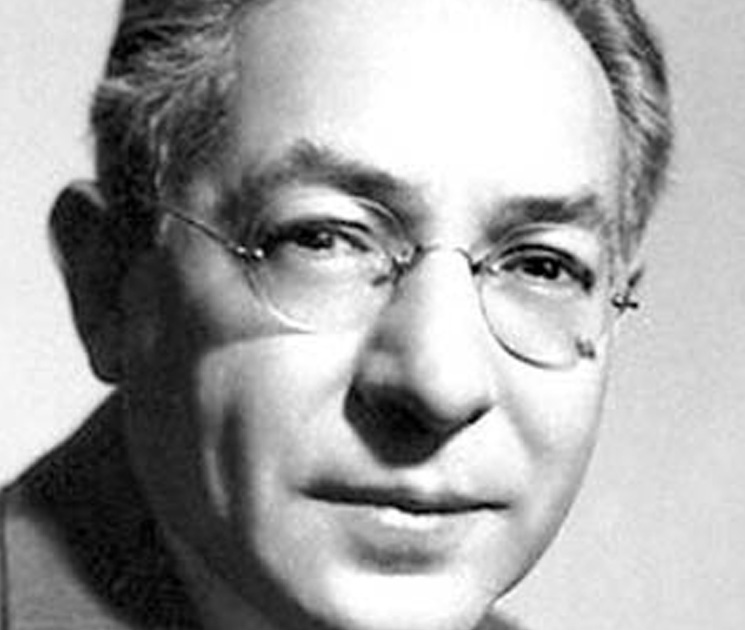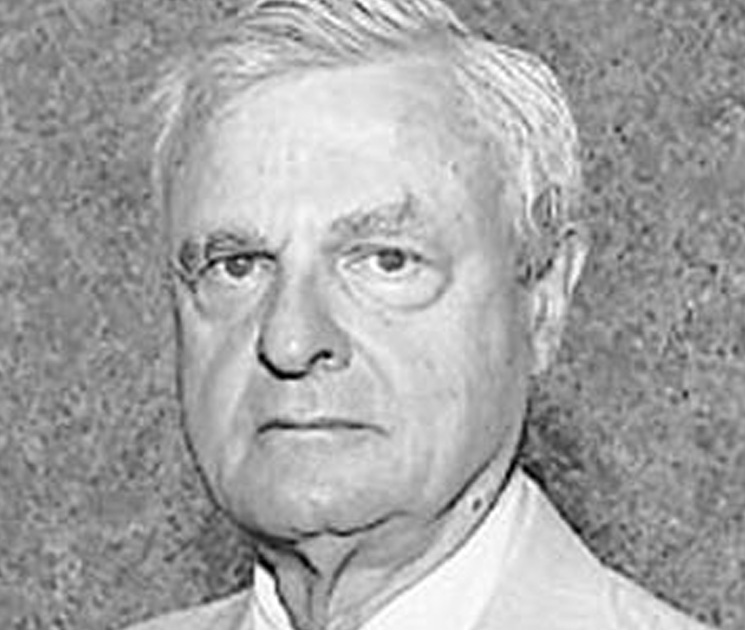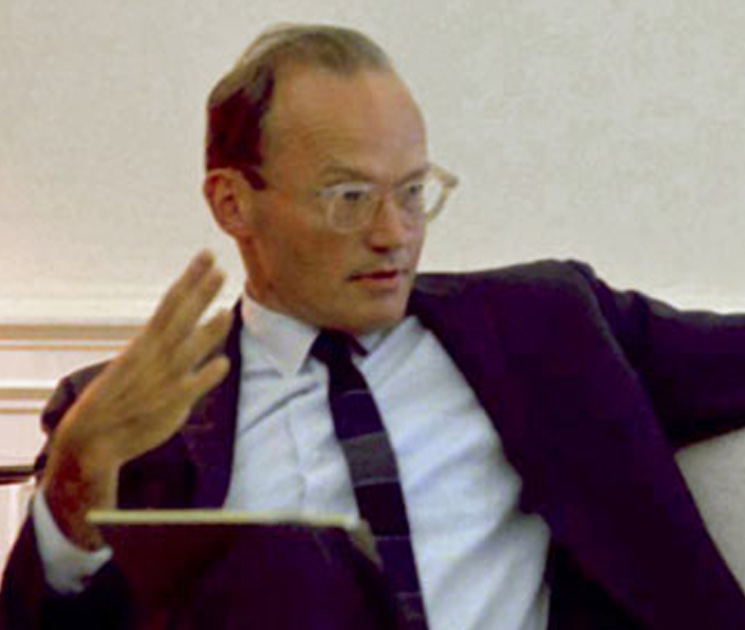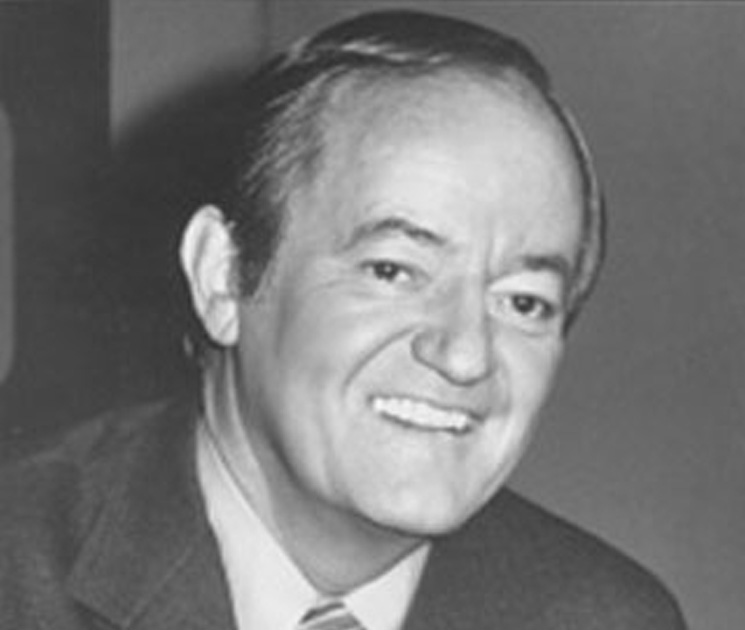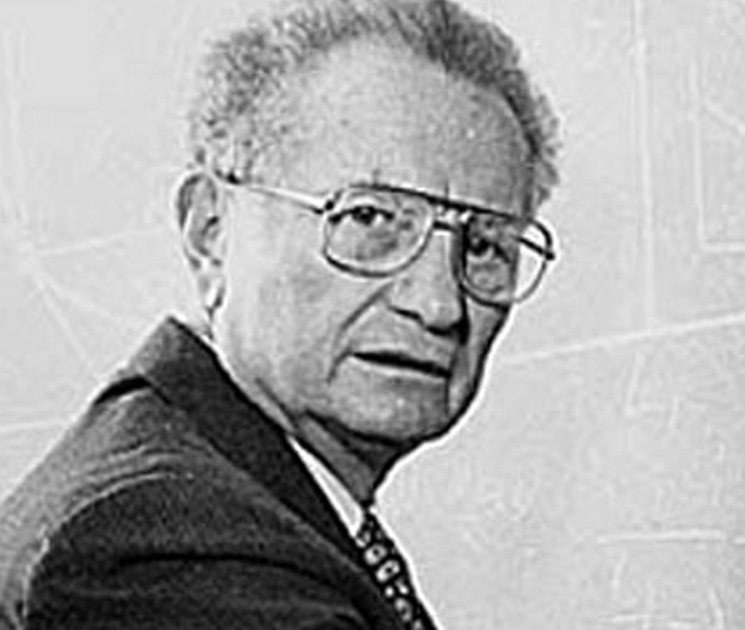André Michel Lwoff (1902–1994) was a French microbiologist who joined the Institut Pasteur in Paris when he was just 19 years old. In 1932, he finished his PhD and, with the help of a grant from the Rockefeller Foundation, moved to the Kaiser Wilhelm Institute for Medical Research, Heidelberg, in the lab of Otto Meyerhof, whre he researched the development of flagellates. Another Rockefeller grant allowed him go to the University of Cambridge in 1937 and in 1938, he was appointed departmental head of the Institut Pasteur, where he did groundbreaking research on bacteriophages and on the poliovirus.
Lwoff was awarded numerous prizes from the French Académie des sciences, the Charles-Léopold Mayer Foundation Prize, the Leeuwenhoek Medal of the Royal Netherlands Academy of Arts and Sciences, and the Keilin Medal of the British Biochemical Society in 1964. His discovery of the mechanism that some viruses use to infect bacteria led to the Nobel Prize in Medicine in 1965.
Dr. Lwoff gave four Compton lectures on the theme, “The Biological Order,” plus one seminar:
- “The Living System: Biological Order and Entropy.” April 6, 1960
- “The Hereditary Order: Genetic Information.” April 12, 1960
- “Functional Order: Control and Regulation of Biosynthesis.” April 14, 1960
- “Viral Functions: Order and Disorder.” April 1960 (exact date unknown)
Seminar
- “Topology and Topography of the Gene,” with Dr. Seymour Benzer, Professor of Biophysics at Purdue and Dr. Cyrus Leventhal, MIT Professor of Biological Sciences and Seminar Chairman. April 20, 1960

